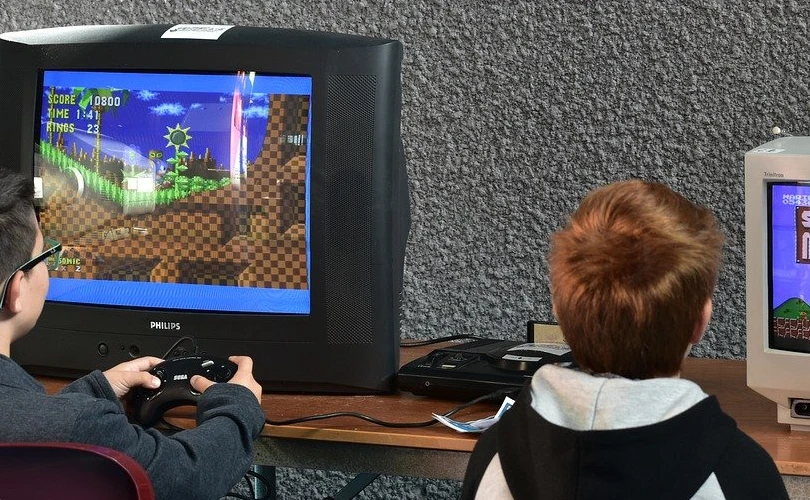The impact of video games on children’s conduct is a topic of ongoing debate without a definitive conclusion. Several research studies have indicated a positive correlation between violent video games and heightened aggressiveness in youngsters, whereas contrasting studies have found no evidence of such a connection.
Acknowledging that video games are only one of several influences that might influence a child’s behavior is crucial. Additional factors, including genetics, parenting style, and peer interactions, can also have an influence.
Steps to Take
If you have apprehensions regarding the impact of video games on your child, there are many measures you may take:
Supervise the video games your youngster engages in. Ensure that the video games align with your child’s age and degree of maturity.
Establish restrictions on the duration of your child’s video gaming sessions. According to the American Academy of Pediatrics, children under two should abstain from using screens. In contrast, children over two should limit their screen use to two hours daily.
Engage in interactive electronic entertainment with your offspring. Engaging in this activity is an excellent opportunity to foster a strong connection with your child and gain deeper insights into the video games they are now enjoying.
As a parent, it is crucial to actively engage in the video games that your child is playing. Engage in a conversation with them and inquire about their preferred pastimes. Prompt them to divulge their views, viewpoints, and personal encounters with you.
Subsequently, inquire about their grievances with the game. Are there any irritating or bothersome game elements that they find displeasing? Doing this lets you discern any problems or apprehensions that your youngster may have with the game.
Lastly, please inquire about the knowledge they have acquired from the game. Several video games have educational advantages, such as enhancing cognitive capacities, problem-solving skills, and hand-eye coordination. Motivate your youngster to contemplate these advantages and investigate how they might use their acquired knowledge in other areas.
By actively participating in these discussions with your child, you may enhance your comprehension of their gaming patterns and cultivate a more robust bond with them. In addition, you may assist them in cultivating their critical thinking abilities and motivate them to assume a more proactive stance in their own learning and personal growth.
If you still have reservations regarding the impact of video games on your child, it might be advisable to consult their physician. They can assist you in evaluating the problem and providing advice.
Suggestions
Below are supplementary suggestions for parents:
Exemplify good behavior and serve as an example for others to follow. Teach your child how to utilize technology in a manner that promotes well-being.
Develop a comprehensive media plan for your family. The plan should delineate the duration of screen time allocated to your family and specify the permissible categories of material.
Engage in a conversation with your child on the perils associated with internet predators and cyberbullying.
Motivate your youngster to engage in additional pursuits, such as athletics, pastimes, and social gatherings.
By adhering to these guidelines, you can facilitate the cultivation of a salubrious rapport between your youngster and video games.

